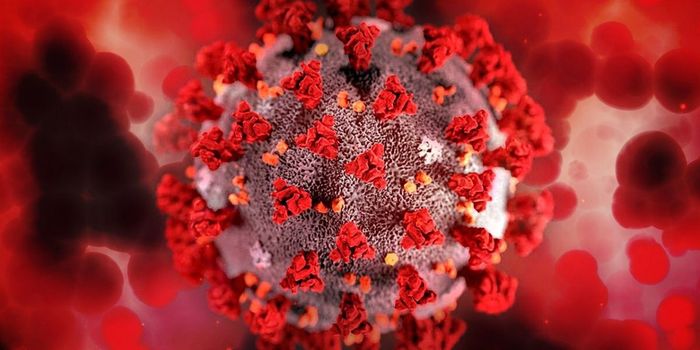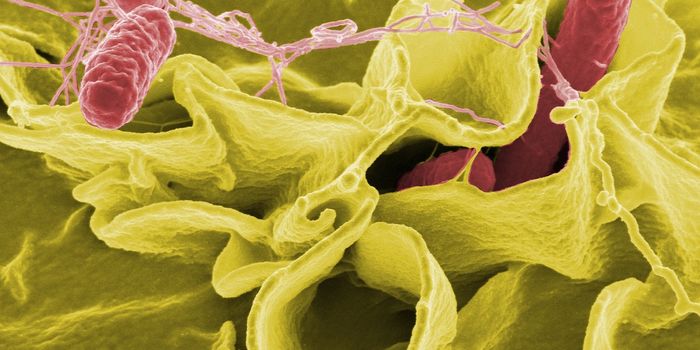This Pain Reliever Might Be Affecting Male Fertility
Ibuprofen, sold under trade names like Advil and Motrin, is a common non-steroidal anti-inflammatory drug (NSAID) that many people use to soothe aching muscles, reduce swelling from injuries and treat minor pain. While it's generally regarded as safe, a new study from researchers in Denmark and France suggests that for men, it could have an impact on testosterone levels and fertility.
Dr. David Kristensen, of Copenhagen University, was the lead author on the study which was published in the Proceedings of the National Academy of Sciences this month. The research involved 31 healthy men between the ages of 18 and 35. They were instructed to take 600 milligrams of the medication each day for six weeks. A control group of similarly aged participants was given a placebo. The men had blood tests before beginning the trial to get baseline information on hormone levels. At different intervals in the study, the men were tested again for hormone levels to see if the drug had any effect
In the group of men who took ibuprofen, the results showed that even just two weeks into the trial, hormone levels were disrupted. Every man showed increased levels of luteinizing hormone (LH). In men, LH is responsible for regulating levels of testosterone. In the testes, specific cells produce testosterone as part of generating sperm. LH is needed to keep levels of testosterone consistent. The increase in LH is evidence that the body is working harder to produce testosterone. The group who received the placebo had no changes in LH levels or testosterone levels.
The study also exposed cells in the lab to ibuprofen and found the same mechanism at work. The cells from the testes were suppressed in their ability to produce the male hormone testosterone, and the LH levels were increased to compensate for that suppression. What happened with the men in the study is called "compensated hypogonadism." It can happen from medication use, aging, even smoking. After the study participants stopped taking the ibuprofen, hormone levels returned to normal. The question remains however that men who use the NSAID long-term might develop overt primary hypogonadism, which is not reversible and has been associated with other health problems like fatigue, cognitive decline, low circulating testosterone and some cardiovascular issues. Dr. Kristensen wrote, "Concern has been raised over increased male reproductive disorders in the Western world, and the disruption of male hormones has been suggested to play a central role. Through a clinical trial with young men exposed to ibuprofen, we show that the analgesic resulted in the clinical condition named 'compensated hypogonadism' - a condition prevalent among elderly men and associated with reproductive and physical disorders."
While there are many studies that show the use of analgesics in pregnancy can cause problems, there hasn't been much research on the effect on male fertility. The study is an integral part of understanding environmental concerns faced by men who may want to have children. Take a look at the video for more information.
Sources: Proceedings of the National Academy of Sciences, CNN, The Sunday Express









